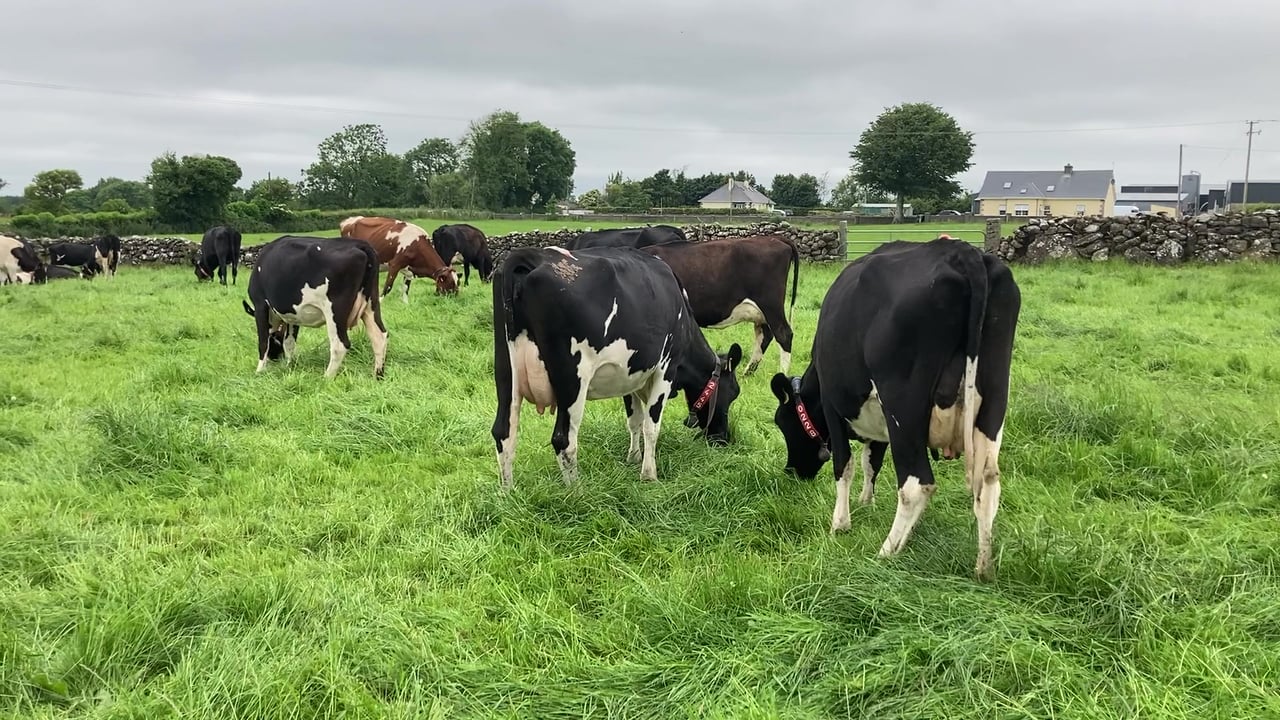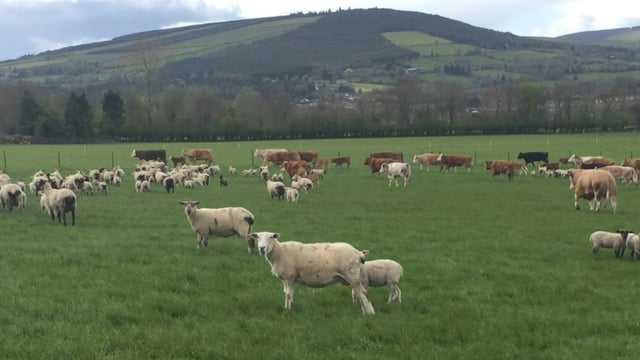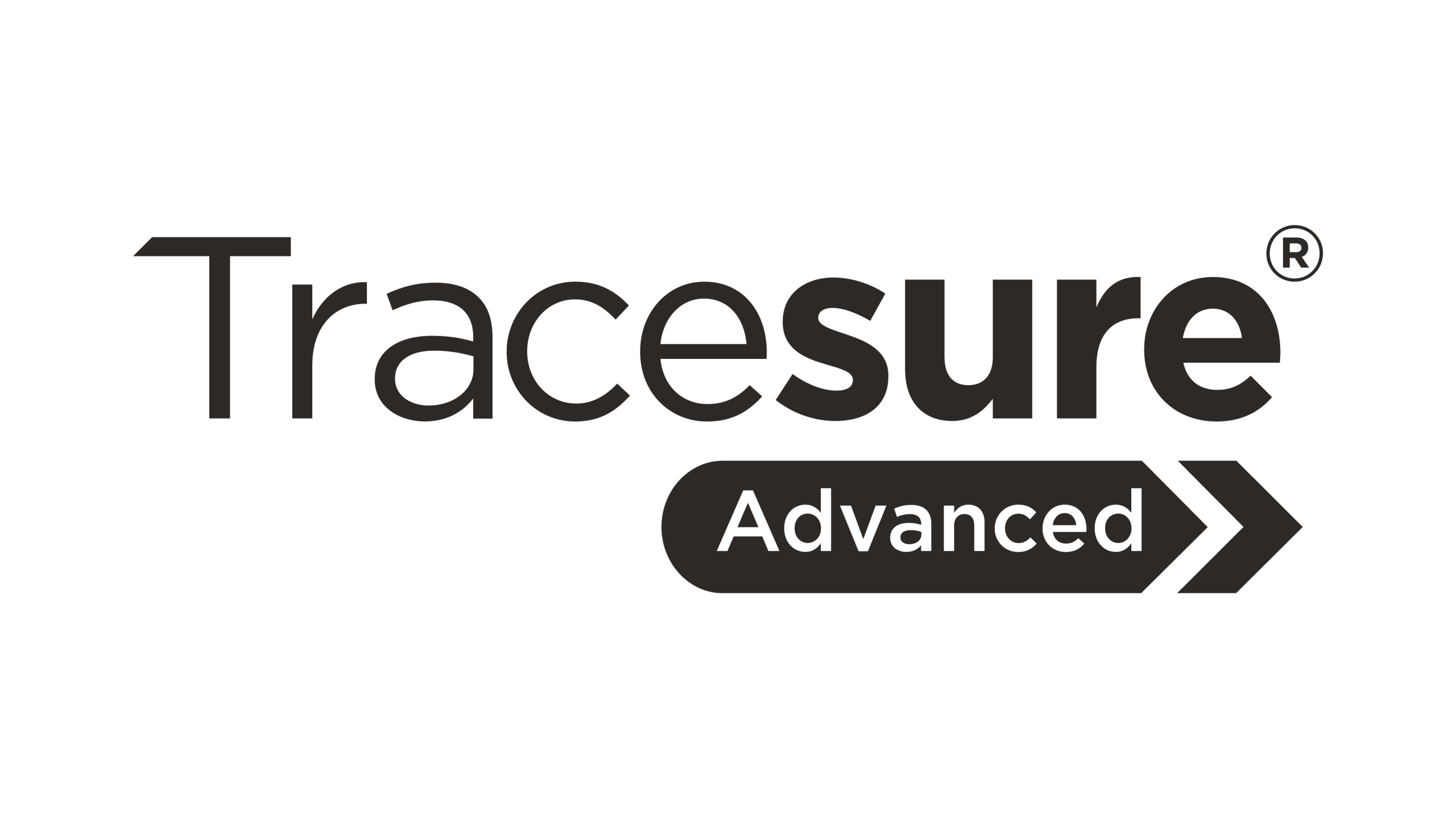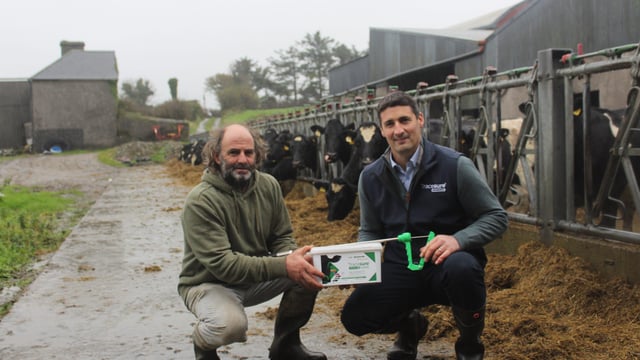What are the new TB testing requirements for animal movements?
There are new EU regulations regarding bovine tuberculosis (bTB), which require that all animals moving farm to farm or through marts must be tested within a certain time frame.
Minister for Agriculture, Food and the Marine Martin Heydon officially launched a new action plan on bovine TB yesterday, Tuesday, September 9.
The plan aims to address the current high levels of the disease in the country as last year, over 6,000 farms were affected by a bovine TB outbreak. Herd incidence for the devastating disease has increased to 6.04% in 2024, up from 4.31% in 2022.
The cost of running the national bovine TB programme stood at over €100 million in 2024.
These requirements will be introduced on a phased basis by the Bovine TB Stakeholders Forum.
In short, the new requirements are that:
- Cows of all ages, and males over 36 months-of-age that are moving farm to farm or through a mart must be TB tested in the last six months;
- They must also be moving from a herd that has been tested in the last six months;
- If they do not fulfil both these requirements, they must then be tested, either within the 30 days prior to movement or within 30 days after movement into the new herd.
Animals that require a test in the 30 days after movement will be restricted immediately to the herd into which they have moved and this herd has 30 days to carry out a test on these animals.
If the farmers fails to test these animals within 30 days, the herd that received them will be restricted, but the sale of calves under six weeks-of-age and the purchase in of animals will be permitted.
However, if after another 60 days, the animals have still not been tested, the whole herd will be scheduled for a TB test.
If the moved in animal at any point is slaughtered, the restriction will be lifted, except where the herd has been listed for a full test.
This is to facilitate the opportunity for cull cows to be purchased, fed, and slaughtered without incurring the cost of testing.
New TB testing requirements
If the animal (cow at any age or male over 36 months-of-age) that is moving has not been tested during the last 30 days or either the animal or the herd from which it is moving has not been tested in the last six months, the department will restrict the animal to the herd that received it.
Farmers receiving one of these animals will get a text message from the department, informing them that the animal has been restricted to their herd. Alternatively, they will receive a paper notification if their number is not registered with DAFM.
This essentially means that the animals purchased cannot move from their herd, unless the animal is going for slaughter.
Farmers will be required to have these animals tested within 30 days. Once the animal tests clear or is slaughtered from the herd, the restriction on the animal will be automatically lifted, followed by receiving a notification via text or letter.
If after 30 days, the animal is still alive and has not been tested, the herd will then be automatically restricted and no cattle will be allowed move off the farm except directly to slaughter.
Yes, the sales of calves under six weeks-of-age will be permitted, but they will not be eligible for export. The purchase in of animals will also be facilitated.
If a farmer tests or slaughters the animal within the next 60 days, the restriction on the herd will be lifted automatically, provided the animal tests clear.
Once the restriction has been lifted, a text and a letter to this effect will be sent to the farmer.
However, if the animal is still alive and in the herd and not been tested after 90 days, the herd will then be scheduled for a full herd test.
The sale of calves under six weeks-of-age and purchase in will continue to be facilitated up until the day before the test is due.
Farmers will receive a letter notifying them about this test and once this test has been completed and is clear, the restriction on the herd will be lifted and farmers will receive a letter to this effect.
This test date will become the anniversary date for the next annual herd test.
Timing your annual test
To save confusion and extra testing throughout the year, farmers either selling or buying animals can time their annual herd test to coincide with the sale or purchase of animals.
If farmers wish to re-schedule their annual herd test to an earlier date to facilitate the sale, or purchase, of animals, they are urged by the department to contact their Regional Veterinary Office.
Additionally, if farmers wish to postpone their annual herd test to a later date to coincide with the sale or purchase of animals, they must contact their Regional Veterinary Office before the due date of the test.
Farmers may be allowed to postpone their annual herd test for up to a maximum of three months. Herds that apply to postpone their tests will be restricted from the original due date until the test is completed.
Farmers will be given a permit to purchase animals during this time, but are not allowed to move animals out of their herd unless it is directly to slaughter.
Farmers will be allowed to move out calves that are less than six weeks-of-age, but these calves are not eligible for export while the herd is restricted.
Farmers may also test animals that require a post movement test, as part of department-paid tests where one is scheduled for completion, e.g., contiguous tests or post de-restriction check tests.





